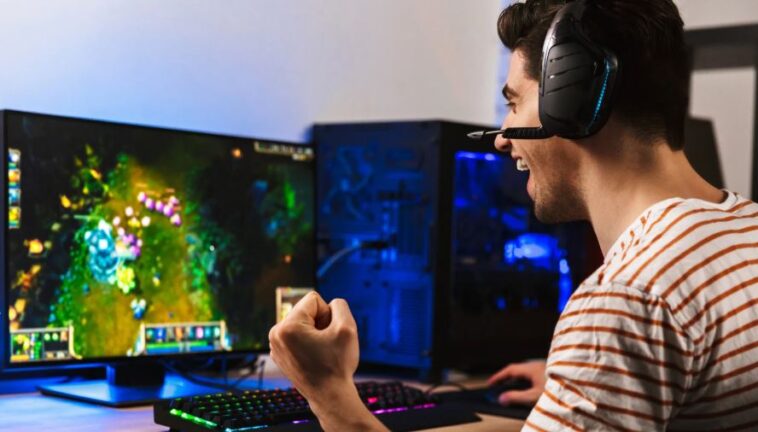In everyday life, people constantly face situations where outcomes are uncertain. Whether it is winning a game, making an investment, or even making the right career move, the fine line between luck and skill often comes into play.
While luck appears random and uncontrollable, skill reflects knowledge, practice, and calculated decision-making. Understanding the distinction between the two can help individuals evaluate success more realistically and improve their decision-making in uncertain environments.
What Role Does Uncertainty Play in Our Decisions?

Uncertainty creates the backdrop where both luck and skill operate. From financial markets to sports matches, unpredictable factors can influence results despite thorough preparation.
For instance, an experienced investor might study market trends and use advanced strategies, yet a sudden political event can shift outcomes beyond their control.
This mixture of preparation and unpredictability highlights why people often debate the role of chance versus ability.
How Can One Differentiate Between Luck and Skill in Uncertain Situations?
Distinguishing luck from skill is not always straightforward. One effective approach is to observe whether success can be repeated under similar conditions.
If achievements consistently occur when the same strategies are applied, this often points to skill. On the other hand, if outcomes vary wildly without a clear explanation, chance likely plays a greater role.
This is particularly visible in areas like games of chance and skill-based competitions. For example, a person may win a casino game once due to sheer fortune, but repeated wins in skill-based card games often suggest a strong strategy.
Insights shared on platforms such as the UK Casino Blog often highlight this difference, helping readers see how much control they can realistically exercise in certain contexts.
Why Do People Often Confuse Luck with Skill?
Human psychology plays a strong role in blurring the lines. When people succeed, they are more inclined to credit their own abilities, whereas failures are often attributed to bad luck. This bias is known as the self-serving bias, and it can distort how outcomes are perceived.
Additionally, society tends to celebrate success stories without always acknowledging the role of chance.
Someone who built a thriving business may indeed be highly skilled, but factors such as timing, location, or market demand could also have contributed significantly. By overlooking luck, people risk creating unrealistic expectations of themselves or others.
Can Patterns and Consistency Reveal True Ability?

Consistency is one of the strongest indicators of skill. If a chess player consistently wins matches against different opponents, it is a sign that they are relying on trained strategies rather than random luck. The same principle applies in professions, sports, and creative fields.
Patterns also matter. For example, when a person repeatedly succeeds by applying a particular method, it shows that their decisions are based on learned ability.
By contrast, irregular and unpredictable results often point towards chance. This distinction allows people to evaluate achievements with a more balanced perspective.
How Do Emotions Influence Our Perception of Luck and Skill?
Emotions often cloud judgment when trying to separate luck from skill. Overconfidence can make someone believe they have control over purely random events, while fear can lead them to underestimate their own abilities.
In gambling or high-pressure decision-making, this emotional influence is especially strong. A person may continue playing after a winning streak, assuming their skill is responsible, when in fact it could be luck. Recognising the emotional component helps individuals stay more objective and make better long-term choices.
Is It Possible to Balance Both for Better Outcomes?
Rather than treating luck and skill as opposing forces, many successful individuals learn to embrace both. Skill increases the likelihood of positive outcomes, while luck adds an element of unpredictability that cannot be fully controlled.
The best approach often involves preparing thoroughly while accepting that chance will always play some part.
In business, for example, entrepreneurs can use knowledge, planning, and strategy to maximise their opportunities, while also remaining flexible when unexpected circumstances arise.
By striking this balance, people are better equipped to navigate uncertain situations without being overconfident or disheartened by chance events.
Conclusion
The relationship between luck and skill is complex but understanding the difference helps people make more rational choices.
While skill can be honed through practice and learning, luck will always remain a factor in uncertain environments.
Recognising this balance not only improves decision-making but also allows individuals to approach success and failure with greater clarity.
Whether in gaming, business, or personal life, appreciating the roles of both luck and skill is essential for navigating the unpredictable nature of modern living.

